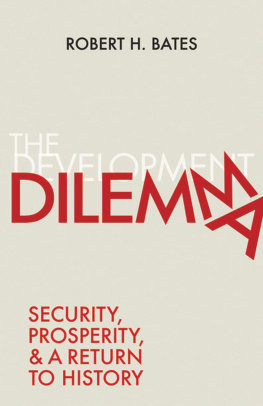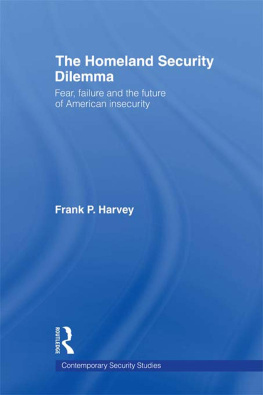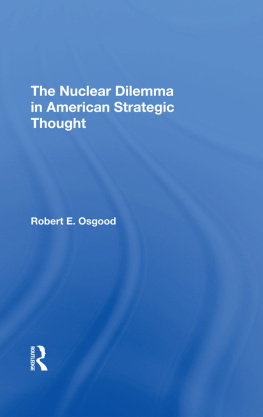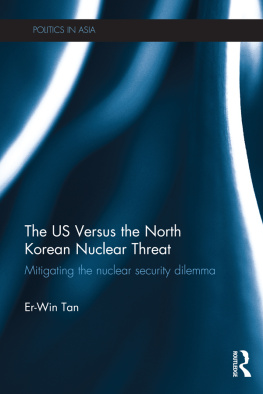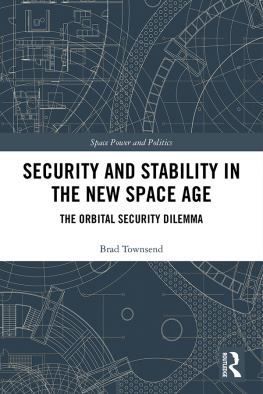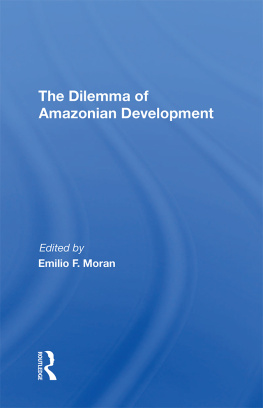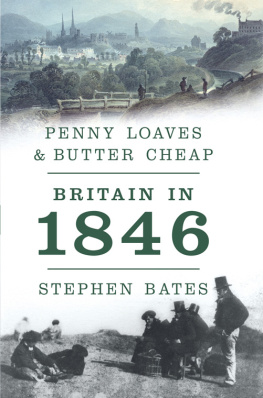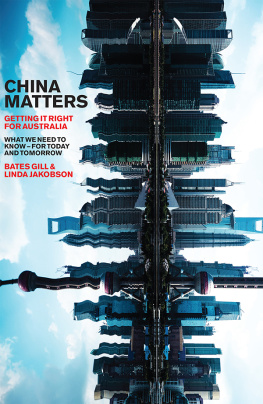THE DEVELOPMENT DILEMMA
The Development Dilemma
Security, Prosperity, and a Return to History
Robert H. Bates
PRINCETON UNIVERSITY PRESS
PRINCETON AND OXFORD
Copyright 2017 by Princeton University Press
Published by Princeton University Press,
41 William Street, Princeton, New Jersey 08540
In the United Kingdom: Princeton University Press,
6 Oxford Street, Woodstock, Oxfordshire OX20 1TR
press.princeton.edu
All Rights Reserved
Library of Congress Cataloging-in-Publication Data
Names: Bates, Robert H., author.
Title: The development dilemma : security, prosperity, and a return to history / Robert H. Bates.
Description: Princeton : Princeton University Press, [2017] | Includes bibliographical references and index.
Identifiers: LCCN 2017013209 | ISBN 9780691167350 (hardback : alk. paper)
Subjects: LCSH: Economic development. | Economic developmentHistory. | Economic history.
Classification: LCC HD78 .B37 2017 | DDC 338.9dc23 LC record available at https://lccn.loc.gov/2017013209
British Library Cataloging-in-Publication Data is available
This book has been composed in Adobe Text and Gotham
Printed on acid-free paper.
Printed in the United States of America
10 9 8 7 6 5 4 3 2 1
To Elizabeth, Peter, Alexandra, and Laura
CONTENTS
ILLUSTRATIONS
Figures |
. |
. |
. |
. |
. |
. |
. |
. |
. |
. |
. |
. |
. |
. |
. |
. |
. |
Tables |
. |
. |
. |
. |
. |
PREFACE
I once served on the same faculty as Eleanor Searle and John Benton; they shared their knowledge of medieval history with me and in return I taught them about Africa. In keeping with the CalTech tradition, we taught each other by co-teaching students. In this, perhaps my last book, I return to the discussions we had before, after, and during those classes, seeking to make use of the materials to which they introduced me.
I wish to thank Philip Hoffman, Roger Noll, and Thayer Scudder, also of CalTech, and Jean-Laurent Rosenthal, Barry Weingast, Avner Greif, and Margaret Levi, with whom I worked on Analytic Narratives, a project that also lay at the intersection between history and political economy. I also wish to thank Idriss Fofana, Kaiyang Huang, Georgia Stasinopolous, Alyssa Yamamoto, and Ethan Amakerundergraduates at Harvard Universitywho gathered and analyzed data on the developing world, including the lights data on which I base my measure of regional inequality. I give special thanks to Didi Kuo, who directed their efforts. Kaiyang Huang assisted me in the collection of data on the formation of empires. Edem Fagbolagun assisted in the collection of data on urbanization in England and France. Ahsan Barkatulla provided superb assistance in the collection, cleaning, and analysis of data. Thanks, too, to Connor Jerzak for so ably stepping in when Ahsan later left for law school. Helen Ye Zhang scrutinized the manuscript for errors in spelling, dates, and other important details.
I produced the initial draft of this manuscript at the Russell Sage Foundation in New York during 20078; rewrote it at the Center for Democratic Development (CDD) and the Guest House of the University of Ghana, Legon, in Accra in 2011; and rewrote it once again at the Hoover Institution, Stanford University, in 2012. I wish to give special thanks to Eric Warner of the Russell Sage Foundation, E. Gyimah-Boadi of CDD, and David Brady of the Hoover Institution for supporting these efforts. My thanks go as well to the Weatherhead Center of Harvard University, which has repeatedly found the means to sustain this project. Marion Dumas and Eoin McGuirk read and commented on the manuscript. Deirdre McCloskey and Cormac OGrada provided me with key bits of information on climate and grain markets. Thanks, too, to Richard Snyder of the Watson Institute at Brown University for organizing a conference around an earlier draft of the book. Feedback from Robert Blair and Janice Gallagher proved especially useful, enabling me to address key matters of logic, evidence, and interpretation. Thanks also to Alexander Noonan and Jennifer Backer, who helped to shepherd the manuscript from typescript to publication.
I wish to conclude by acknowledging my debt to four extraordinary scholars: Margaret Levi, Douglass North, Catherine Boone, and Charles Tilly. So powerfully have their insights influenced my thinking that I often mistake their ideas for my own.
The data collected when preparing this study can be downloaded from Harvard Universitys Dataverse. The address is dx.doi.org/10.7910/DVN/ZCPOOX.
Introduction
After pondering the disparity in income between rich nations and poor, Robert Lucas famously stated: Once one starts to think about [the problem], it is difficult to think about anything else. Humanitarians, policymakers, and scholars have joined Lucas in addressing the determinants of development; and in this volume, I, a political scientist, join them.
Among those who seek to account for the disparities in income that mark the modern world, economists, such as Lucas, stand supreme. Not only do they rank among the most skilled and insightful of those who study development, but also they dominate the agencies that fund programs and design policies for those who strive to achieve it. But clearly, the problems bedeviling efforts to promote prosperity in the developing world are not purely economic in nature. Some arise from cultural values and religious beliefs; others from biological and environmental forces; and still others from politics. I shall focus on the impact of politics. I shall focus in particular on politicians, their use of power, and their impact on development.
Both prosperity and security are valuable, then, not only in their own right but also because they make possible the attainment of other values.
Throughout this book, I probe the political foundations of development.
Method and Substance
Most who study development proceed cross-sectionally; that is, they compare poor nations to rich ones and note how differences in, say, education, gender equality, investment, or corruption relate to differences in standards of living. But development is a dynamic phenomenon and involves change over time. It is best studied, then, by seeing how nations evolve. Not only that: only a handful of nations in todays developing world have achieved a standard of living comparable to that of nations in the developed world; and in many, life and property remain imperiled. The number of successes is small; and because most of these reside in the Pacific Rim, so too is the amount of variation in the sample they provide. Todays world thus provides us little information. The implications are profound: todays world supplies little insight into how nations develop.
In response to this difficulty, I turn to history. Rather than proceeding cross-sectionally, and comparing poor countries with rich in the contemporary world, I proceed longitudinally and explore, for a given set of countries, how they changed over time. For reasons that I will soon discuss, I focus on England and France in the medieval and early modern periods. At the end of the latter, England stood poised to undergo the great transformation whereas France stood on the verge of political collapse. Attempts to isolate the factors that rendered the one more successful than the other can therefore offer insight into the factors that promote or impede the attainment of prosperity and security.

